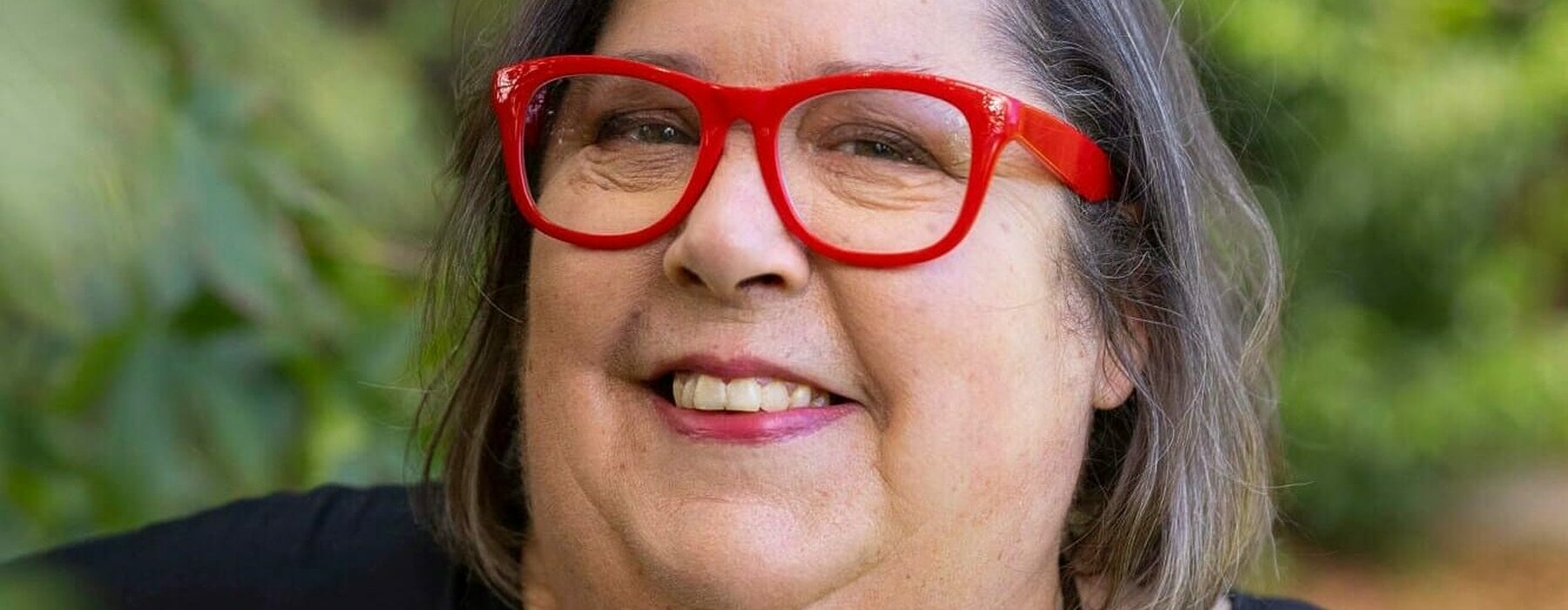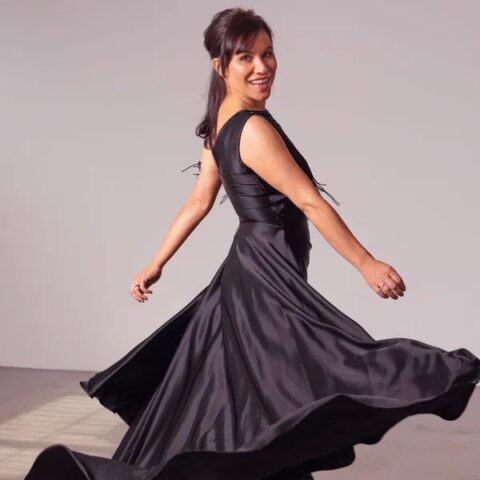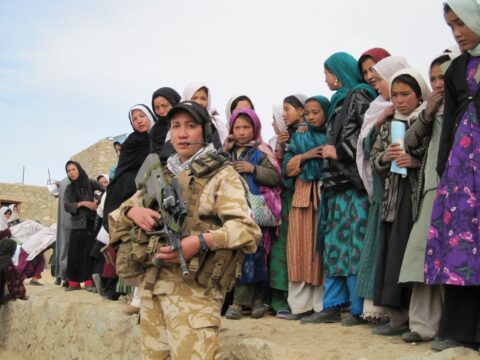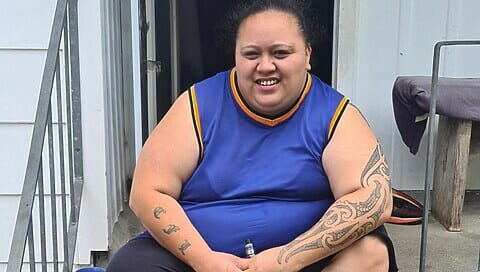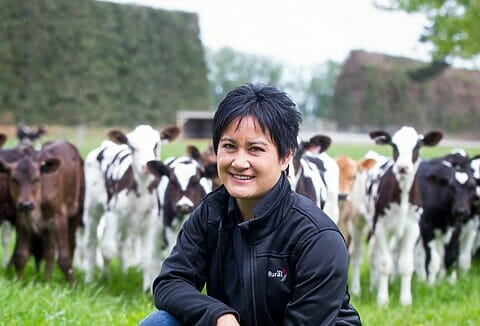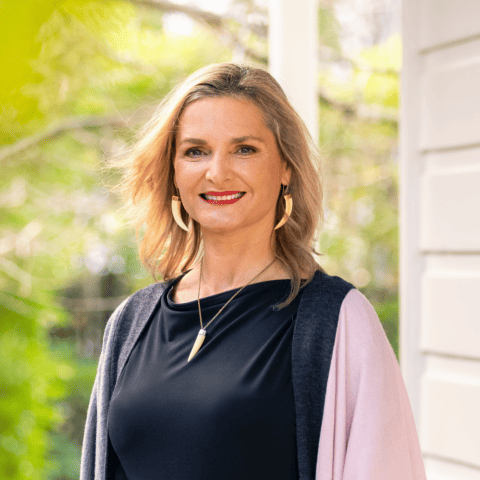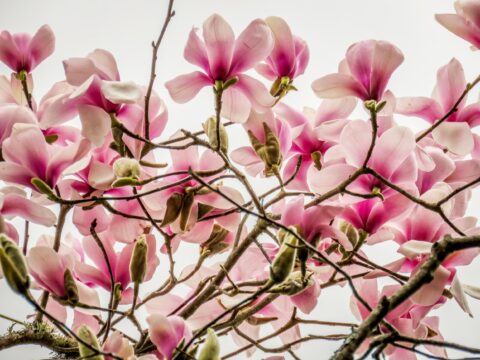After living through her own experience with abuse, Jackie Clark knew more needed to be done to help other women who were suffering in silence. Siena Yates talks to the founder of The Aunties about creating a support network for victims and empowering them to tell their stories.
We all know what it is to metaphorically lose ourselves in a relationship, but for thousands of women around New Zealand, feeling lost isn’t a romantic turn of phrase, it’s a prison.
Some describe their experiences as like being in hell, others say they’ve spent their whole lives fighting to be themselves. At 39 years old, Sarah* is one of those women who is only now able to figure herself out without anyone “being in the way of me being me”.
“I’m so caught up with just being me, I can’t even fathom being in a relationship at this point in time because I’m enjoying the self-discovery too much,” she says. “My main focus at the moment is just my kids and trying to move up the ladder in my own life, because there have been too many times when I’ve been that person on the ground in the foetal position, [having] given up on the world.”
Sarah is speaking with WOMAN as one of the thousands of women in New Zealand who have lived through domestic violence, and as one of 15 women who have told their harrowing stories of survival in a new book, Her Say.
The book was pulled together by Jackie Clark, the “Aunty in Charge” at support network The Aunties; a grassroots organisation dedicated to helping women who have escaped violent relationships and are looking to rebuild. Jackie has personally helped the women in the book on their journeys and encouraged them to speak their truths.
In her story, Sarah writes, “Our upbringing was like Once Were Warriors.” She grew up with violence at home, got into drugs and crime as young as 13 years old and has lived through a string of violent relationships. She experienced the first at just 17 when she was raped, beaten and “nearly killed” by someone she thought was a close friend.
“When you grow up like I did and everyone you have ever loved has abused you in some way, you think this is what love is,” she explains. But it obviously wasn’t. That partner went to prison for almost a decade for what he did to her.
But because she’d normalised violence so much, Sarah only fell into more abusive relationships, with at least two more partners. She writes in Her Say: “Sometimes I’m surprised I’m still alive. I’ve had years of broken jaws. I was sliced up. I have so many scars. It was really, really bad.”
But for Sarah, the emotional and psychological toll was far greater than the physical. Scars fade, she says, “but when you’re so damaged that parts of you are ripped or stolen or beaten out of you, you tend to lose your own identity – you forget who you are”. That’s why now she’s on a journey of self-discovery. Now that she’s free. Now that she’s safe.
Then came The Aunties
The Aunties have been a huge part of that journey. They supply women like Sarah with material needs such as clothing, food, furniture and toys for their kids, but they also help with access to medical care and counselling, and with everyday things like applying for jobs. Most importantly though, they provide a sense of whānau – something many of the women have been searching for their entire lives.
One such woman is Jane*, who, at 62, has found a mother figure in Jackie, despite being six years her senior and a mother and grandmother herself.
It’s something she hasn’t told Jackie until we all meet for this interview and it’s a revelation that brings both of them to tears.
Jane came from an abusive household and became a state ward at 11, and a mother at 16. Her first husband isolated her, controlled her finances, beat her and raped her. It was, she says, “10 years in hell”.
Jane was eventually able to flee to Women’s Refuge with the help of a neighbour, but over time, custody issues ensued and her husband wound up with two of the children – one of whom he raped and abused for years before police finally got involved and he went to prison.
Jane endured a second marriage – this one plagued by psychological abuse, rather than physical – and had a total of 10 children between the two. She was freed when both her husbands died; one in 2008 and the other in 2018.
Where to now
“Both my husbands have gone now, so I’m happy,” she says. “I’ve got peace and quiet and I can do what I want and it’s all about me and my children.”
Because of what it took for Jane to get to that place, and because Jackie has helped her through it all for the past five years, she says, “She’s like the mother I wish I had.”
Jane explains, “I’ve come through a hard life. I’ve been from home to home to home, abusive relationships, plus my home life was really bad. So when Jackie did come into my life, I was quite overwhelmed. I felt like, I have all this now and it’s all because of this woman. And sometimes I don’t show her enough, or I don’t have enough and I wish that I could, but I don’t.
“I’ve never ever told Jackie that I look to her as a mother love just because I don’t want to feel that I’m still, at this age, searching for it; that at 62 I’m still looking for love.”
But she is. So many women are. Jackie and The Aunties can’t give women their childhoods back, but they can give them love. When asked what the main difference is between The Aunties and other organisations like Women’s Refuge, the answer from both Jackie and the women was just that: Love. Whānau.
Before The Aunties, Jackie, 56, was a kindergarten teacher for nearly 20 years and was in a marriage where her husband, Ian, was psychologically abusive – though never physically. Jackie writes in Her Say, “I spent 28 years apologising for existing… I lived my entire life fighting to be me.”
I spent 28 years apologising for existing… I lived my entire life fighting to be me
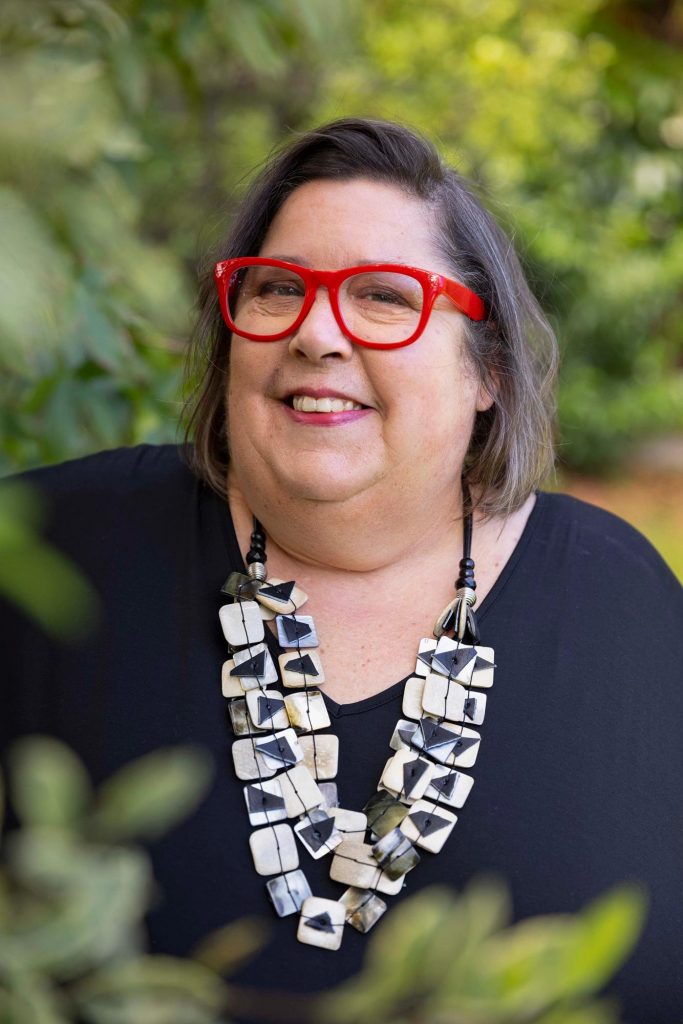
PHOTO BY REUBEN LOOI
Ian died of liver cirrhosis in 2018, but Jackie’s fight for freedom started long before then, as she began advocating for others.
It all started when she called her local Women’s Refuge to donate clothes that kids had left behind over the school term. She asked what else they needed and, with the help of a generous Twitter follower, went on to secure a microwave for the refuge. After that, she was asked to visit once a month to build a relationship with the women there.
The sceptical view – and the one Jackie holds – is that the person running the refuge recognised that the greater her relationship was with the women, the more beneficial it could be for them. While almost definitely true, that view discounts the fact that Jackie has a way of cutting through facades, and connecting to people on a deeper level, in a way those women – and hundreds since – needed.
Jackie would talk with the women, figure out what they needed and then figure out a way to get it to them. She was so good at her unofficial job that they made it official, dubbing her the “donations coordinator”.
In October 2013, Jackie met with some friends and brainstormed a way to do what she was doing in a bigger, more sustainable way. From that meeting, The Aunties was born.
“I got the passion because I realised I was really f***ing good at it; that these people related to me and that I was really good at getting shit off people,” Jackie says, shrugging off the scandalised “Oh my God, Aunty Jackie!” that comes from Sarah.
“Well, I have to get my girls their shit! And I get it on a much grander scale now – to the tune of $400,000 a year.”
If there’s one thing you need to know about Jackie, Jane says, it’s that “she’s straight to the point – real direct. If she doesn’t like something, she’ll let you know. That’s just how she is.”
She’s even straight up about the limitations on The Aunties and the fact that, despite hundreds of women reaching out every year, they only have the capacity to really help the 27 women already under their umbrella.
They do, of course, help hundreds more; whether it’s with access to donated goods, a point in the direction of other services and organisations or just providing emotional support and hearing their stories.
But the ones they really help are part of a group kept purposefully small. The ones who get her “intensive love and support” and long-term care. The ones who become part of the whānau. “Most people seek to do the most good by spreading it out, but that doesn’t work. What I figured out is the fewer people you do it with, the more effective it is. What actually works for people in terms of them healing themselves and finding the strength to heal themselves is, you need to be there long-term.
“If all you want from me is food, what is a $100 Pak’nSave voucher going to do to actually help your healing process? You’re clearly still in shit soup. I deal with people who have already pulled themselves out of shit soup. Otherwise, you’re pouring resources into something where there’s no point because they’re just not ready.
“If they were ready, they would’ve got themselves at least halfway up the ladder. We don’t change anyone’s life, we’re not healing anybody or empowering anybody. We’re just a resource, and if you key into that resource, good for you. Well done. Because you have to want to.”
Sarah has been through the wringer of organisations and services in New Zealand and says not one of them is as genuine as The Aunties.
“You’re not just an experiment or another statistic where they just tick their boxes and move you along; we’re people,” she says.
That’s why having the women tell their stories in their own words in Her Say, and having them speak their truth in interviews like this one, is so important to Jackie. To get society to face up to the real people behind the statistics they like to shake their heads over. But more importantly, to help the women reclaim their stories and stand in their power.
“It’s that thing of the inherent mana of each person. Pre-colonisation, [Māori and Pasifika women] were queens. The grace and dignity and inherent mana are in your DNA. That’s why I’ve always said, ‘You can’t save people, you can only love them.’ Right?
So what I do is just about reminding people how powerful they are.
“You have no idea what it’s like to be surrounded by these women. They’re not just survivors. They’re much, much more than that. They really are just extraordinary human beings and not because they’ve survived, but because they always swam against the stream, they’ve got a twinkle in their eye.”
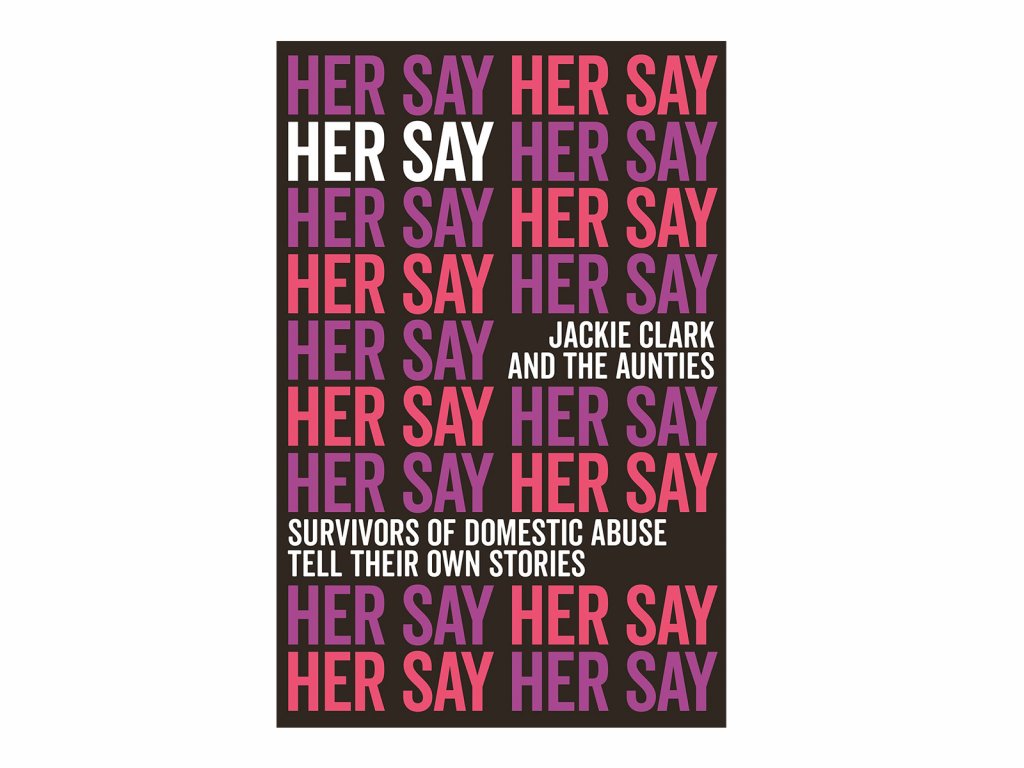
Where to find help
If you or someone else is in immediate danger, call 111.
- 1737, Need to talk? 1737.org.nz, free call or text 1737
- Alcohol Drug Helpline alcoholdrughelp.org.nz, 0800 787 797, free text 8691
- Depression Helpline depression.org.nz, 0800 111 757 Healthline 0800 611 116
- Lifeline lifeline.org.nz, 0800 543 354
- Male Survivors Aotearoa malesurvivor.nz
- Mosaic-Tiaki Tangata mosaic-wgtn.org.nz, 0800 942 294 Rape Crisis 0800 883 300
- Rural Support Trust rural-support.org.nz, 0800 787 254
- Safe to Talk safetotalk.nz, 0800 044 334, free text 4334
- Samaritans samaritans.org.nz, 0800 726 666
- Shine 2shine.nz, 0508 744 633
- Suicide Crisis Helpline 0508 828 865 (0508 TAUTOKO)
- The Harbour theharbour.org.nz
- Victim Support victimsupport.org.nz, 0800 842 846
- Women’s Refuge womensrefuge.org.nz, 0800 733 843
*Names have been changed.

